We are excited to share that our PhD student, Tobias Vente, presented our research paper, “The Potential of AutoML for Recommender Systems,” at the ACM UMAP 2025 conference held at the Verizon Executive Education Center at Cornell Tech on Roosevelt Island, New York City.

Tobias presented our work in the Hyper Workshop (Hybrid AI for Human-Centric Personalization), which explored innovative approaches to personalization through hybrid AI systems. His full paper presentation highlighted the potential of AutoML (Automated Machine Learning) for rating prediction tasks in recommender systems, comparing its performance against traditional recommender algorithms.
Our findings revealed that AutoML tools not only compete with but often surpass conventional recommender systems. In our experiments, AutoML outperformed traditional methods in 6 out of 14 datasets, while AutoRecSys tools (automated recommender systems) achieved the best performance in 5 out of 14 datasets. These results demonstrate that automation can significantly reduce development effort while maintaining high recommendation quality, making AutoML a valuable tool for both researchers and practitioners.
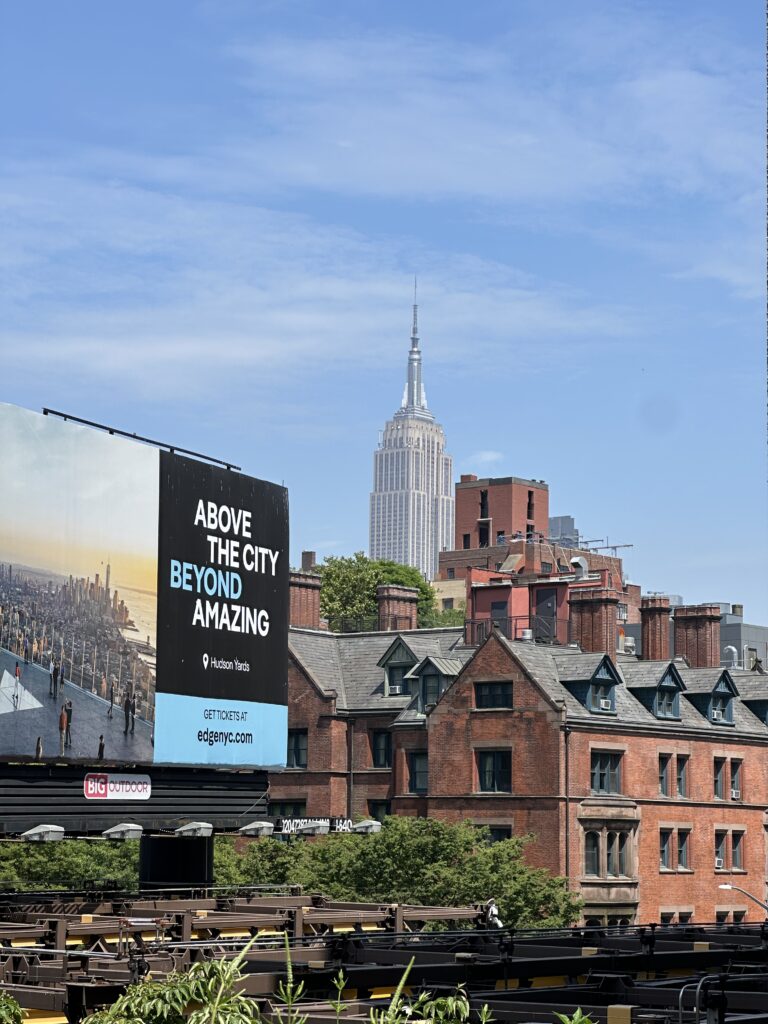


ACM UMAP (User Modeling, Adaptation, and Personalization) is the premier international conference that brings together cutting-edge research in AI and Human-Computer Interaction (HCI) to advance personalized and adaptive systems. Sponsored by ACM SIGCHI and SIGWEB, the conference fosters discussions on how interactive systems can model, adapt to, and personalize experiences for users.
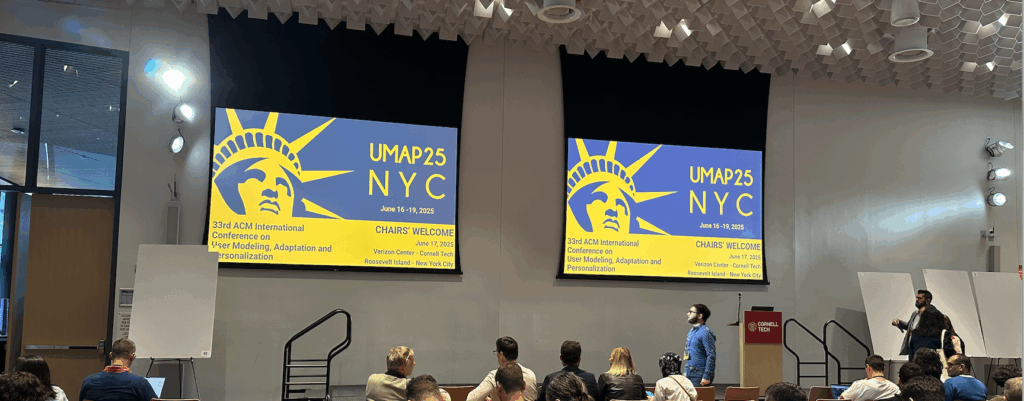
This year’s edition had a strong focus on bridging the gap between academia and industry, featuring keynotes, workshops, and lively poster sessions that engaged both researchers and industry practitioners. The conference provided an excellent opportunity to engage with experts in AI-driven personalization, reinforcing the importance of human-centric AI and the growing role of automation in adaptive systems. The discussions highlighted new challenges and opportunities in the field, inspiring further research directions.
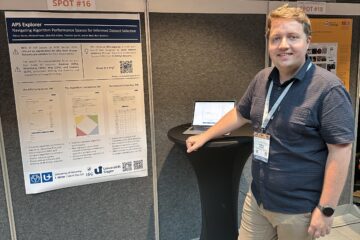
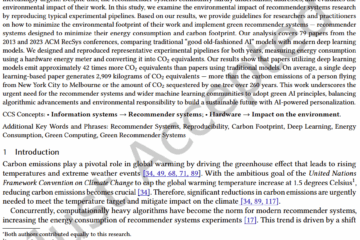
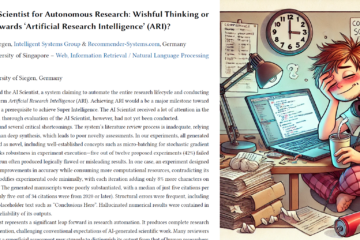
0 Comments